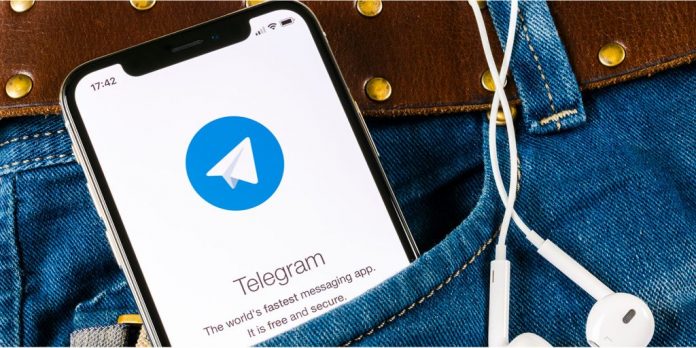Brazil is a country in South America. In the run-up to the presidential elections later this year, Brazil’s Supreme Court has banned the popular messaging service Telegram, as part of a broader crackdown on what authorities call fake news and hate speech.
After repeated attempts by the federal police to contact the service to remove content, Justice Alexandre de Moraes ordered internet providers and digital retailers to disable the app on Friday.
Police said in their plea to Moraes that Telegram is “notoriously renowned for its posture of not collaborating with judicial and police authorities in various countries,” which he cited in his conclusion. “It has turned into an open environment for the spread of varied content, even that having criminal ramifications.”
The campaign in Brazil to shut down Telegram is part of a larger attempt to battle misinformation and falsehoods about the country’s political system.
After popular applications like Twitter and Meta Platforms Inc.’s Facebook pulled down posts containing incorrect information regarding COVID-19 and pushing unproven cures, President Jair Bolsonaro and his aides moved his online supporters to the London-based site.
Bolsonaro, who frequently complains that Big Tech is silencing him, is a user of the app. Telegram, according to critics, has become a sanctuary for conspiracy theories and hate.
Telegram’s founder and CEO, Pavel Durov, claimed the verdict was the product of a misunderstanding and that his company was striving to comply with the court’s directions.
“I apologize to the Brazilian Supreme Court on behalf of our staff for our blunder.” “We could have done a lot better,” Durov stated in a statement posted to his Telegram channel.
Durov urged the court to postpone his ban while the takedown requests were processed.
While WhatsApp, which is owned by Facebook, remains the most popular app in Brazil, a survey conducted in August revealed that more than half of smartphone users had downloaded Telegram.
Telegram was still available in Brazil via Google Play on Friday afternoon. YouTube was temporarily stopped down by Brazilian officials in 2006, while WhatsApp was temporarily shut down by Brazilian authorities in 2016.
Moraes ordered social media firms to remove tweets containing widely-shared material from a secret police investigation from 2018, which Bolsonaro publicized as alleged proof that the voting system may be hacked, in August.
The charges are denied by Brazil’s Electoral Court, which regulates voting. Authorities have struggled to make touch with Telegram, a popular messaging app used by activists and dissidents due to its anonymity and capacity to create big groups of users.
Bolsonaro has attempted to cast doubt on the election’s integrity by reiterating his baseless assertions that electronic voting machines can be rigged, heightening fears of a contested outcome.

